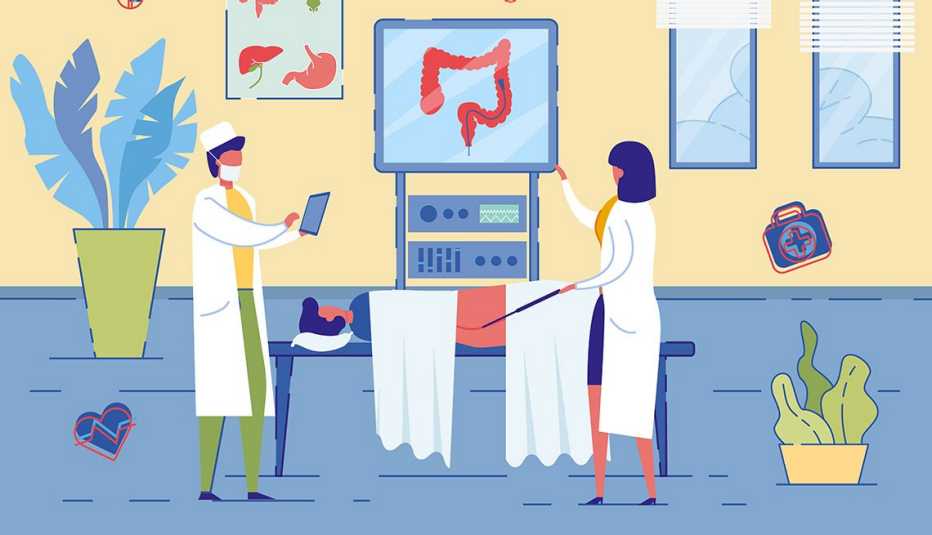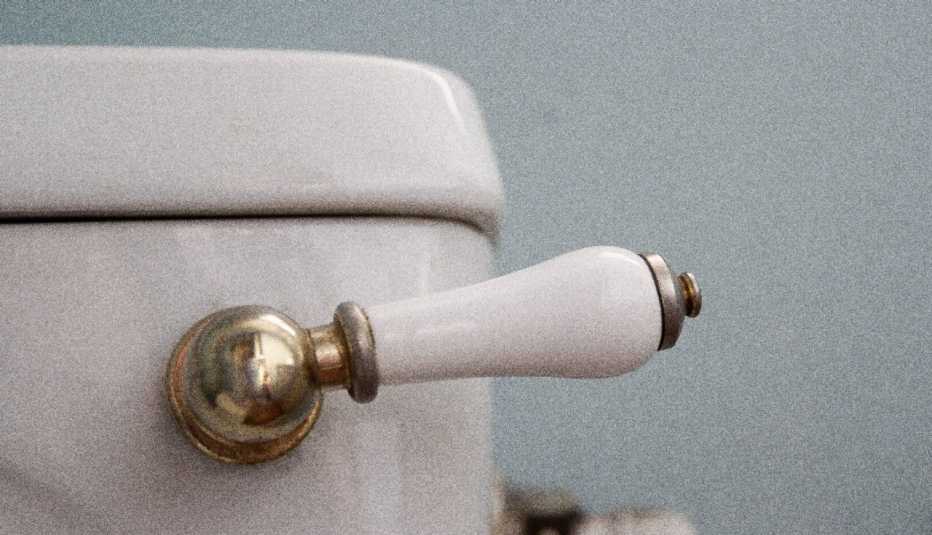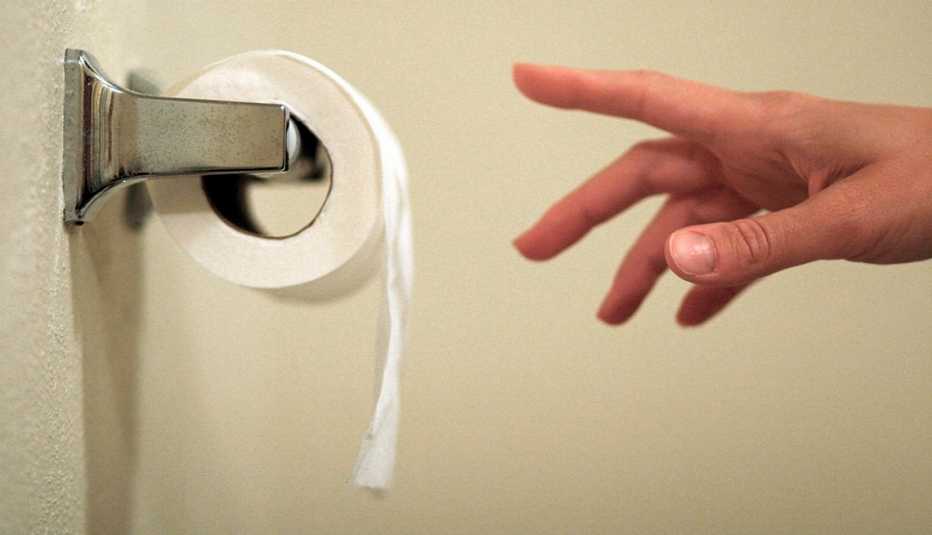AARP Hearing Center
The death rate for colorectal cancer — one of the most common and deadly types of cancer in the United States — has been declining for decades. And health experts largely credit routine screenings for the dramatic drop.
After all, as we know, cancers are easier to treat the earlier they are found. Regular screenings also help doctors spot and remove problematic polyps before they have the chance to progress into cancer.
But a recent study that has garnered much public attention has called into question the effectiveness of a common type of colorectal cancer screening: the colonoscopy. More than 15 million are performed in the U.S. each year.
Results from a large, first-of-its-kind trial published Oct. 9 in the New England Journal of Medicine found that colonoscopies only lowered the risk of colorectal cancer by a modest 18 percent in study participants invited to get one, and that the reduction in the risk of death from the cancer that was discovered was not significant. Many experts, however, are urging caution when it comes to interpreting the results, and a big reason has to do with the way the study was designed.
7 warning signs of colon cancer
• Blood in the stool (this could look dark brown or black)
• Rectal bleeding
• Change in bowel habits
• Unexplained weight loss
• Cramping or abdominal pain
• An urge to have a bowel movement when the bowel is empty
• Weakness or fatigue
Source: American Cancer Society
The team of European researchers randomly divided nearly 85,000 adults between the ages of 55 and 64 into two groups: One group was asked to get a colonoscopy, the other was not. And among those participants asked to get the test, only 42 percent opted for it. The researchers then compared the number of colorectal cancers and deaths from the disease in each group over a 10-year period.
“So you're talking about a comparison where [more than] half the people in the intervention group didn't actually have the actual intervention,” says Jeffrey Meyerhardt, M.D., chief clinical research officer at Dana-Farber Cancer Institute in Boston.
In a statement, William L. Dahut, M.D., chief scientific officer for the American Cancer Society, argued, “It’s hard to know the value of a screening test when the majority of people in the study didn’t get it done.” He pointed out, however, that study participants who did have a colonoscopy had a 31 percent decrease in the risk of colorectal cancer compared to the group that didn’t get screened. The risk of death was also cut by about 50 percent.
“This result points to the value of continued screening,” Dahut said.









































































